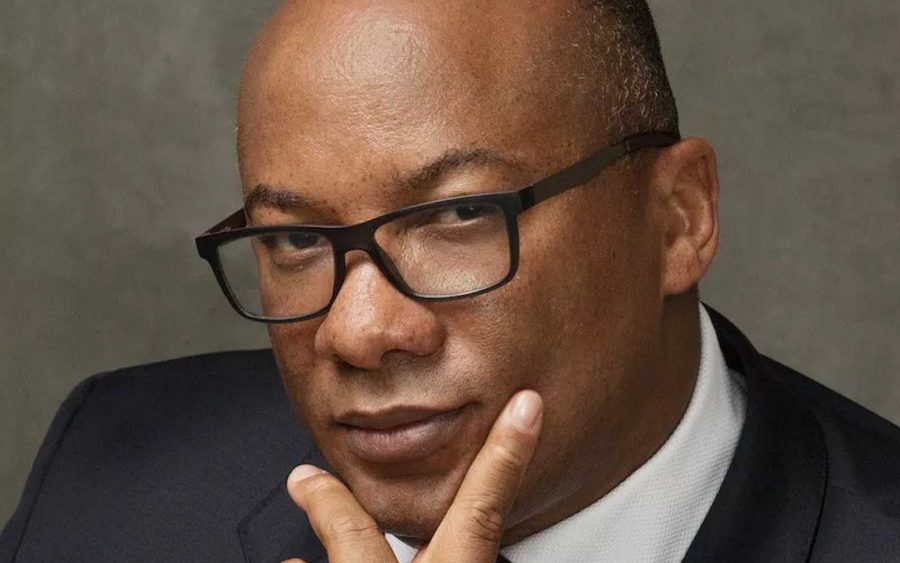Visa is set to acquire a 20% stake in Interswitch, a deal which will see Interswitch become Africa’s latest technology ‘unicorn’. Visa is thought to be paying $200 million, valuing Interswitch at about $1 billion (N360 billion). Helios bought 52 percent of Interswitch for $96 million in Dec. 2010.
Interswitch reportedly generates annual revenue of N30 billion, suggesting that the current value is about 10x its current revenues. Interswitch is also now valued higher than FBNH (N208 billion), UBA (N225 billion) and Access Bank (N327 billion). Zenith Bank still owns a 5% stake in Interswitch and is currently valued at N538.4 billion.
According to Skynews, Visa and Interswitch are in advanced talks about a transaction that could be announced this week.

Interswitch reported a profit after tax of N5.3 billion in 2018 and has an impressive EBITDA margin of 43%.
The deal: According to the report, the move by Visa to acquire a 20% stake is targeted at becoming a cornerstone investor in Interswitch ahead of the company’s prospective initial public offering (IPO) in London next year.
- Recall, in an earlier article published on Nairametrics, it was reported that Interswitch has revived its plans for an initial public offering, via a dual listing on the Nigerian Stock Exchange and London Stock Exchange.
- According to the report, Interswitch has hired financial advisers, JPMorgan Chase & Co, and Standard Bank Group, as firms working on the potential initial public offering.
- Firms typically hire financial advisers when they decide to list on the stock market to help with valuation, marketing of the offer, compliance with listing rules, and other regulatory filings.
A competitive move: While Visa’s move to acquire a 20% stake in Interswitch is largely connected to the planned IPO, this is also a move by the company to make a strong statement against its closest rival, MasterCard.
- Earlier in the year, MasterCard had invested $300m in Dubai-based Network International ahead of its stock market debut in London. Network International, is the largest payment processor in Africa and the Middle East.
- The rush to build stakes in African businesses by Visa and MasterCard is being driven by a desire to take advantage of established platforms in markets that are both fast-growing and under-penetrated.
- Interswitch is considered Nigeria’s first unicorn in the Fintech space and has dominated Nigeria’s payment channels gateway for over a decade.
- It is also one of the largest Africa-focused electronic payments and infrastructure companies, with point-of-sale terminals, online consumer payment platforms and its own card, Verve.
- Hence, Interswitch’s move to cede a 20% stake to Visa is a huge competitive move to increase its market penetration.
[READ: Interswitch reignites plans to launch IPO in 2019]
Verve, a Nigerian Pan-African financial technology and payment card brand owned by Interswitch Group, is the biggest domestic debit card scheme in Africa, with more than 19 million cards active on its network. Hence, an investment by Visa will facilitate the formation of a strategic partnership to target the fast-growing African digital payment market.
Recently, more Fintech firms like Flutterwave and Paystack have been playing increasing roles in facilitating online payments in Nigeria. The 20% stake acquisition by Visa also implies that Interswitch is going all out to increase its dominance within Nigeria’s Fintech space.
Interswitch is about 70 percent-held by London-based private equity group Helios Investment Partners LLP, South Africa’s Adlevo Capital Managers LLC and the International Finance Corp., a unit of the World Bank.
Correction: An earlier version of this article erroneously valued Interswitch at N1 trillion instead of $ 1billion. The error has now been corrected.























I would have thought this company would be valued at close to 5x this value, noting the potential for growth and the fact that it is already profitable. Similar fintech’s in other developing market do not the synergies and entrenched position that Interswitch has in the financial eco-system. When we compare this with the fact that a large proportion of the population is either unbanked or underbanked, EBITDA for Interswitch could rise significantly in the future.
Is country risk impairing valuation here or the fact that funding rounds have not been as sexy as Fintech’s like GoJek? Perhaps its both.